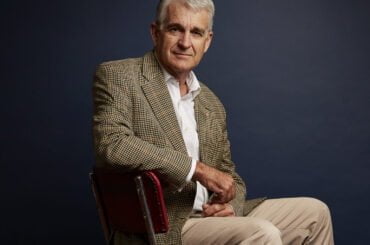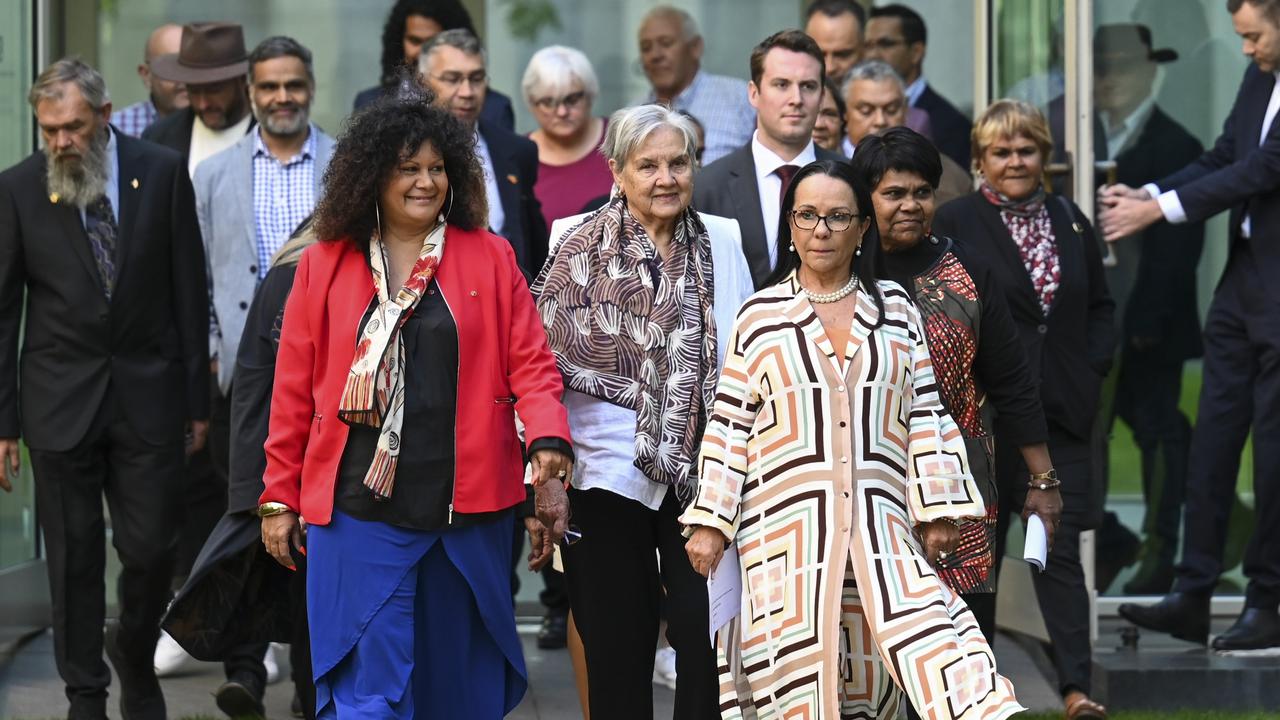
John Anderson: We should be voting to end pain — not life
Very soon in NSW, parliamentarians will be voting whether euthanasia and physician-assisted suicide should be legalised in our state.
As a former Deputy Prime Minister and a citizen of NSW, I have real fears that this will further disadvantage our rural and remote population; and we are already doing it hard.
Passing this bill will be in direct conflict with problems we face in the bush and will undermine the agendas experienced by people in rural and remote communities, who are already vulnerable to unequal access to many of the social, mental health, aged and palliative care services, available to those in city or the wealthy.
Those who want the Bill say it is about choice, but there can be no real choice if we are not given access to the best possible provision of care beforehand, or if we are left with ongoing unaddressed agendas to that create suffering in the bush.
Advocates of euthanasia and physician-assisted dying repeatedly present us with difficult scenarios where individuals request assisted suicide in order to end their lives.
Of course we sympathise as none of us want to see people suffering or in pain.
But however well intentioned, compassionate actions should first have us addressing the causes of that suffering, and legalising government-sponsored suicide will not do this.
All people in NSW should have at least had equitable access to the highest quality end of life care available first.
Regional and remote areas of NSW have higher rates of poor health and suicide, including among the young and especially the indigenous. What choice will the bill give these individuals, if in the end there is no choice available for their care?
Is this Bill going to really end suffering as its advocates claim, or will it just give the wrong message to our young and at risk that it is okay to suicide or think about suicide, rather than seek the help they should have a real right to as citizens of NSW?
Access to good quality palliative care is proven to be the most reliable way of ensuring high quality care at the end of a person’s life.
There are concerns pushing ahead with euthanasia will unfairly disadvantage those in regional areas.
Figures stated about pain by the advocates of euthanasia and assisted suicide, are a gross exaggeration.
We know less than 1 per cent of people given best practice palliative care continue to experience pain.
Even then, they can access second and third line treatments to allow them medicines and sedation not to experience symptoms as they are dying.
Those who want this Bill would rather have many experience the uncertainty of taking untested drugs, without optimum medical scrutiny, and which may not necessarily ensure a quick, pain fee or supported death.
A recent report by the NSW Auditor-General highlighted that gaps are significant in access to palliative care, especially in regional and rural NSW.
Without access to these services, it is more likely people will feel pressured to ask for assisted suicide. The tragic and premature losses of many we already experience in the bush will only be increased.
The Centre for Rural and Remote Mental Health in NSW shows the rate of suicide outside of the larger cities is higher than for people who live in metropolitan areas.
This rate is higher still in all rural areas from 2011 to 2015. The figures for ill health, premature death and suicide are even worse in our indigenous population.
Our people experience unique problems compared to city-dwellers that increase our risk for suicide.
Our livelihood is dependent on things often outside of our control, such as the weather and factors in the market place.
While the issues of mental health problems are similar, our people are less likely to get help or access to effective treatment.
Less mental health services lead to delayed diagnosis and treatment or management of mental health conditions. If the state legalises assisted suicide, the message being sent to the vulnerable is that death is a legitimate way to cope with suffering in life.
More than eight people per day in Australia take their own lives through suicide.
Do we really want to encourage this trend?
Who is going to take the lead in improving the healthcare for our people in rural and remote NSW?
Why are we spending time and money considering a law to legalise government-sanctioned suicide and euthanasia when there is so much more we need do to improve the quality of life of our people?
And are we really providing people in rural and remote NSW with choice, or pushing them further into a situation where there is none?
Parliamentarians are fooling themselves if they think passing this bill will ease our suffering.
They should reject these bills and focus on improving medical services, mental health and end of life care for all citizens in NSW.
John Anderson was Deputy Prime Minister of Australia from 1999-2006
Originally published in The Daily Telegraph
Original Article






